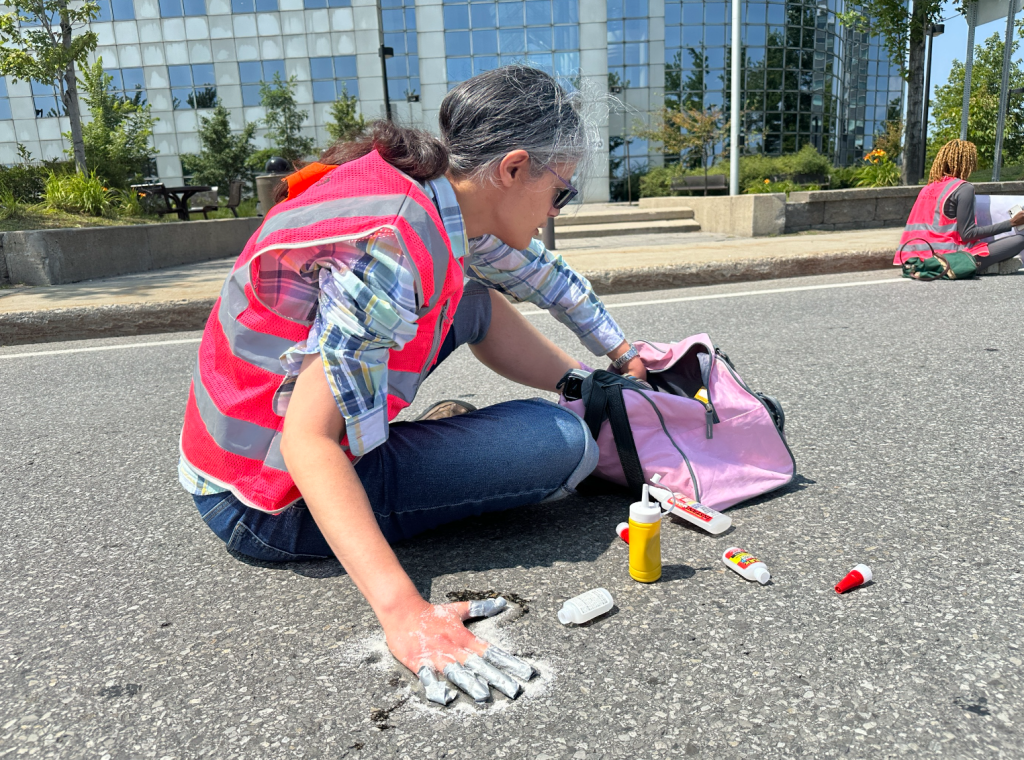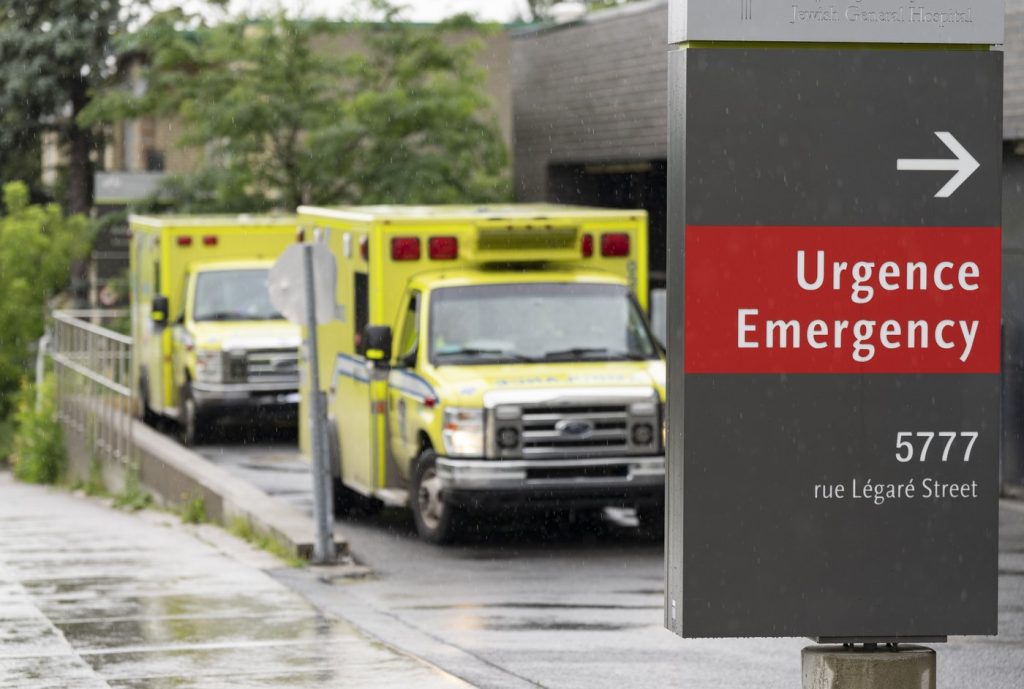Ice Storm 1998: Study monitors long-term effects on pregnant women and their children
Posted January 9, 2023 3:35 pm.
Last Updated January 9, 2023 6:30 pm.
It may be snowing now and the lights are on in downtown Montreal, but back on January 9, 1998, ice covered the streets and a complete blackout hit the city. The day referred to by many as Black Friday, was the worst day of the historic Ice Storm.
Millions were already without power – including some hospitals – and the time was a stressful one.
That’s when “Project Ice Storm” was born. Dr. Suzanne King who recently retired from McGill University, and fellow researchers began looking at the effects of stress on pregnant women and their children.
“We included women who were pregnant on January 9th, 1998. So, there were some women who gave birth a couple of days later and other women who gave birth nine months later,” explained Dr. King.
The study also included women who became pregnant in the three months following the ice storm.
“We would look, first of all at what happened to the women. Like how many days without electricity. We would assess their level of stress in terms of post-traumatic stress-type symptoms. So when they think about the ice storm, does their heart still beat fast or so their palms get sweaty, that kind of thing? And then we would also look at how the women think about it.”
Nearly 100 families continued to participate – children six months to 19 years of age. The research followed up with them almost every two years.
The study shows that how long pregnant women went without electricity made a difference in children’s IQ, body mass index, immune functions, insulin secretion and risk of diabetes. These effects lasted at least into adolescence, said King.
“I don’t think that children who were born in the Montérégie in 1998 are some kind of a blip cohort that’s passing through the population. So that’s good news,” said Dr. King.
King says there are other contributing factors when it comes to how the babies of the 1998 ice storm developed long-term – that are not all influenced by a mother’s stress level alone.
She adds that half the women found positive experiences in the ice storm – like coming together with their communities or families. While the other half felt neutral or negative.
“Pregnant women who are going through a stressful situation like a natural disaster should be considered a vulnerable population and should be targeted for extra protection.”
“Project Ice Storm” is also part of “The Stress in Pregnancy International Research Alliance program”, where Dr. King and others also look into: The Fort McMurray Fire, The Hurricane Harvey Flood, the COVID-19 Pandemic, and more.
Ample data to analyze, for a researcher who recently retired.
“I’m allowed to keep my office for the next five years, and I intend to be continuing to study and analyze all of that data,” explained King.



